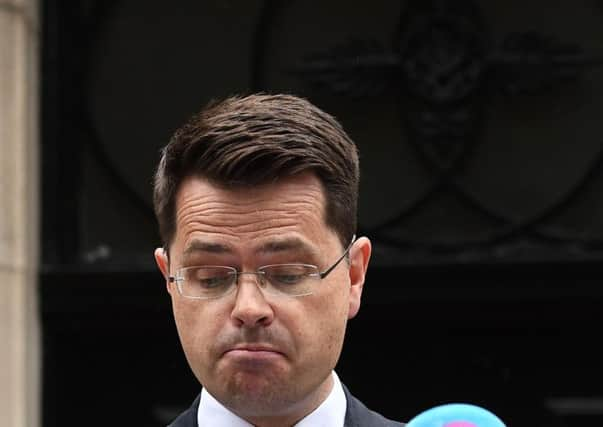Sam McBride: In eye of the storm, Brokenshire's inaction leaves him vulnerable


Through good fortune, he has avoided it until now, but Storm Ophelia exposed a core vulnerability for the secretary of state: month after month, he is allowing Northern Ireland to exist without any democratically accountable government.
The risk for Mr Brokenshire – and to some extent, also for Sinn Fein and the DUP – is that if there is a major crisis and Stormont is seen to fail in its response to the situation, he will be accused of having allowed to develop a situation in which lives were placed at risk for reasons of high politics.
Advertisement
Hide AdAdvertisement
Hide AdHis reluctance to step in and impose direct rule – formally taking control of all public services in Northern Ireland – appears to be driven by three considerations: a personal reluctance to be responsible for running Stormont’s departments, a belief that the absence of a government will lead the public to pressure the DUP and Sinn Fein to do a deal, and concern at Sinn Fein’s reaction to London resuming full control over Northern Ireland.
The difficulty for Mr Brokenshire is that there is scant evidence that DUP or Sinn Fein voters are putting any significant pressure on their side to compromise for a deal – the reverse, in fact, seems to be happening. For that reason, the strategy appears increasingly questionable.
Mr Brokenshire is not unaware of the issue. He has repeatedly referred to the fact that if the DUP and Sinn Fein cannot agree to share power then the government “retains ultimate responsibility” for providing governance for Northern Ireland.
But in practice, Mr Brokenshire – and the Cabinet as a whole, because it would require emergency legislation at Westminster – has not done what he can to provide political stability.
Advertisement
Hide AdAdvertisement
Hide AdThat has left civil servants – whose training and experience is founded on the concept of a minister who they advise but who take decisions – existing in a deeply uncomfortable space, unsure of their powers and unclear when they should take what would normally be political decisions.
It is not yet clear why Stormont delayed in its decisions about the storm and in particular about issuing its advice to close all schools on Monday.
Some of it may be down to the 9-5 culture within the Stormont system where journalists often struggle to get even basic queries answered by some departments at the weekend.
But if it emerges that there was confusion about who could take a decision on this or on any other critical issue, Mr Brokenshire is particularly vulnerable to criticism for allowing this unprecedented democratic vacuum to continue.